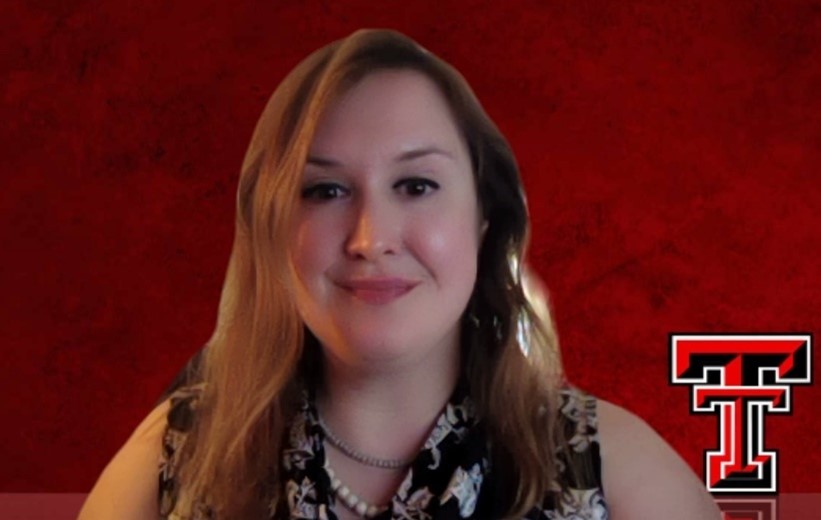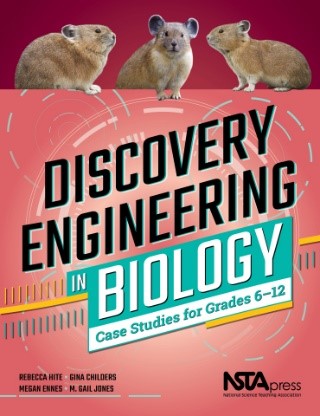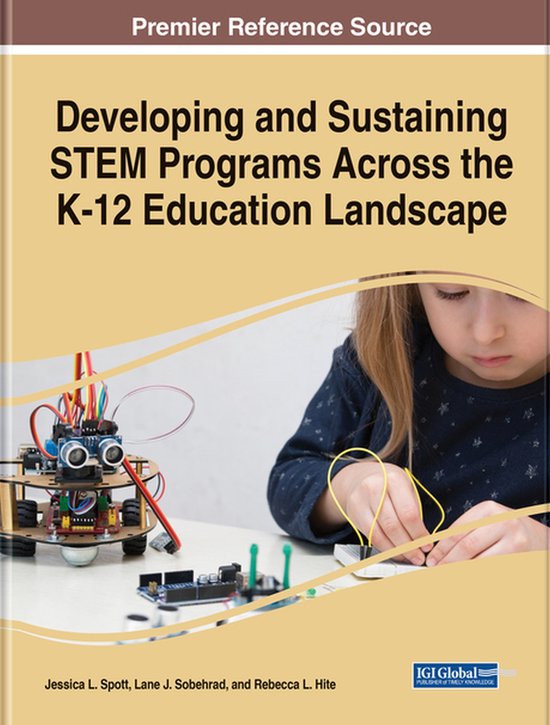Rebecca Hite, Ph.D.
Email: Rebecca.hite@ttu.edu
Phone: 806.834.6370
Office: Education 264
Dr. Rebecca Hite is an Associate Professor of STEM Education in the Department of Curriculum and Instruction at Texas Tech University. She is a founding co-director of the Center for Advocacy in Teacher Leadership for Youth and Schools with Technology (CATALYST) and holds the Helen DeVitt Jones Endowed Professorship in Professional Education since 2024.
Dr. Hite is the faculty program coordinator for the STEM Education track: Master’s Degree in C&I, STEM Education Concentration, the Graduate Certificate in K-12 STEM Teacher Leadership, Ph.D. Degree in C&I STEM Education Specialization, and the Graduate Certificate in STEM Education Advocacy and Research.

Education
- Doctorate of Philosophy in Science Education, North Carolina State University
- Master of Arts in Secondary Science Teaching, University of North Carolina at Chapel Hill
- Bachelors of Science in Biology and a Bachelors of Arts in Geography, University of North Carolina at Chapel Hill
Areas of Expertise
- Emerging technologies (e.g., virtual, augmented, and mixed reality) in STEM education
- In-service teacher professional development
- K-12 STEM master teacher leadership
Teaching
- ESTM 5372—Standards and Assessment in STEM Education
- ESTM 5376—Teacher Leadership and Advocacy in STEM Education
- ESTM 5377—Technology in Science/Math Education
- ESTM 6371—Effective Policy Advocacy in STEM Education
- ESTM 6373—Theories of STEM Education
- ESTM 6375—Professional Development in STEM Education
- ESTM 6399—STEMinar: Application of Extended Reality (XR) Technologies
Service to the Profession
- Editor of the International Journal of Science Education
- Associate Editor of the Journal of Science Teacher Education
- Managerial Board Member for the International Journal of Basic, Applied, and Multidisciplinary Research Journal
Research
Practitioner Books
 Hite, R., Childers, G, Ennes, M., & Jones, M. G. (2019). Discovery Engineering in Biology: Case Studies for Grades 6-12. Arlington, VA: NSTA Press. ISBN 978-1-68140-614-5 Available here.
Hite, R., Childers, G, Ennes, M., & Jones, M. G. (2019). Discovery Engineering in Biology: Case Studies for Grades 6-12. Arlington, VA: NSTA Press. ISBN 978-1-68140-614-5 Available here.
 Spott, J., Sobehrad, L., & Hite, R. (Eds.). (2023). Developing and Sustaining STEM Programs across the K-12 Education Landscape. IGI Global. https://doi.org/10.4018/978-1-6684-7771-7
Spott, J., Sobehrad, L., & Hite, R. (Eds.). (2023). Developing and Sustaining STEM Programs across the K-12 Education Landscape. IGI Global. https://doi.org/10.4018/978-1-6684-7771-7
College of Education
-
Address
Texas Tech University, College of Education, 3002 18th Street Lubbock, TX 79409 -
Phone
(806) 742-2377 -
Email
educ.webmaster@ttu.edu
